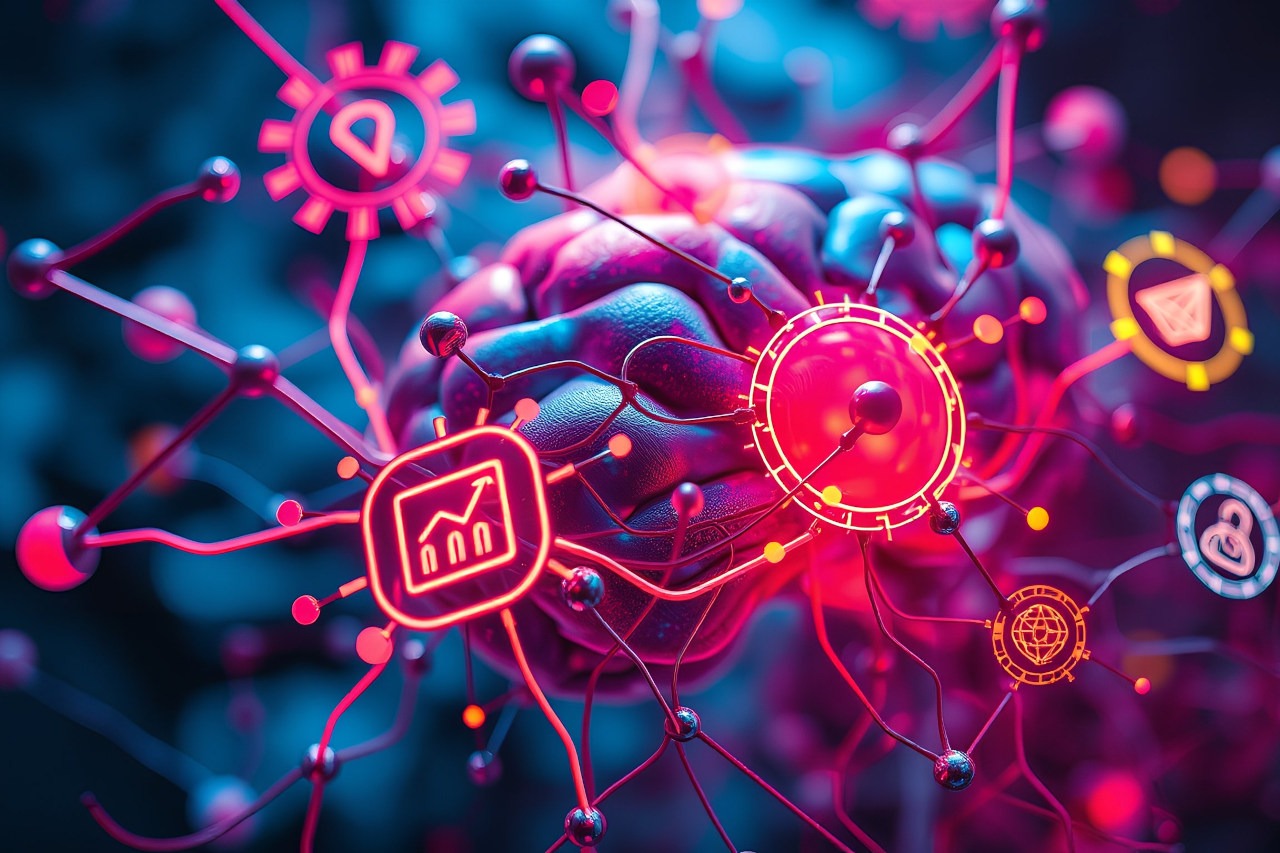If we could use our brain to influence our muscles and our immune system, would it be possible to manipulate our DNA with feelings and thoughts?
Psychology
A song that is stuck in our heads is a snippet of music that plays over and over in our minds. The tricky part is that we can’t control this process. But how does this happen? And more importantly, what can we do about it?
At night, while we sleep, we process sensory stimuli that we have absorbed and stored during the day. But can our brain also store new knowledge during our night’s sleep?
Anyone who has ever been tickled for longer than a few seconds knows that it can be real torture – our body compels us to laugh as a reflex. However, anyone who tries to tickle themselves will invariably fail. Why is that?
Almost everyone has encountered déjà vu – the sudden feeling of having experienced a similar situation before. But where does it come from?
What if we were able to cure even the most serious illness using only the power of our thoughts?
In traffic, at a soccer game, or on the Internet – we encounter advertising messages everywhere. Can they seduce us without us noticing, and can our brains be influenced by neuromarketing?
They have no conscience and know neither fear nor compassion. However, these characteristics do not necessarily make psychopaths merciless criminals. In reality, it is a combination of factors that determines whether someone becomes a serial killer or ends up on the executive floor of a company.
There are some bad habits that we would like to get rid of as quickly as possible. But why is this often so difficult? Why is our brain so attached to recurring behaviors and what can we do about it?
Neuroscientists can peer into our brains and read what we are thinking. There are also less chilling possibilities, such as prosthetics that can be controlled by the power of thought.














